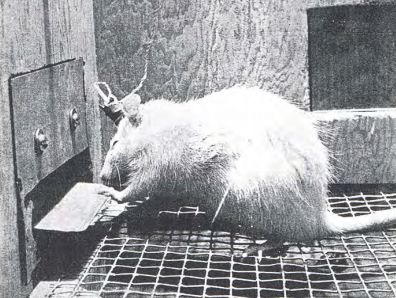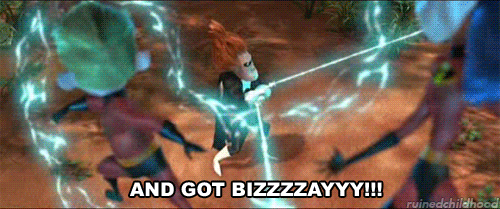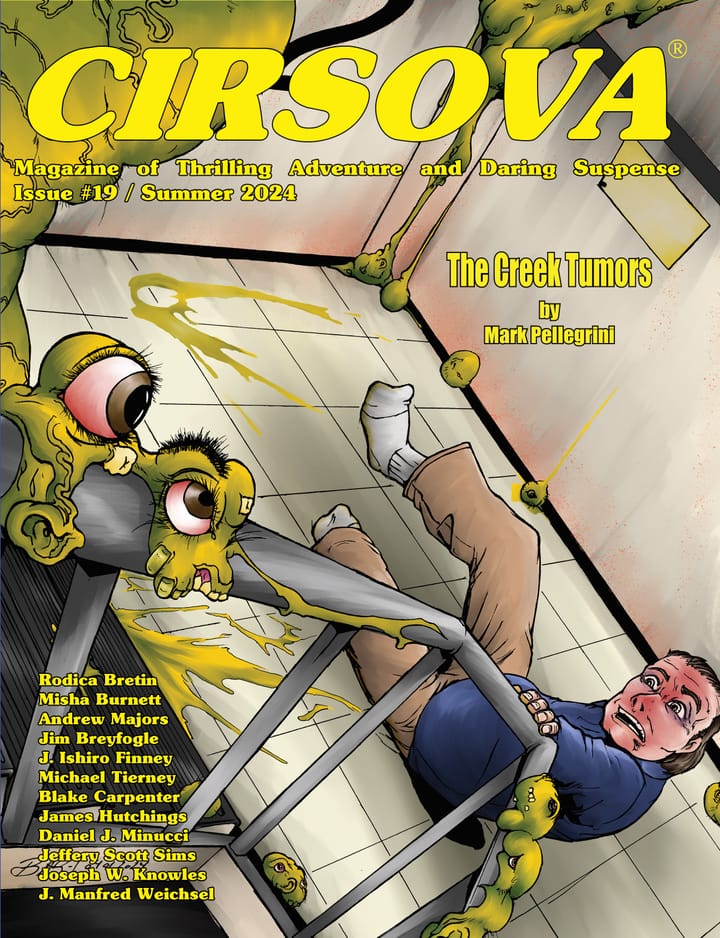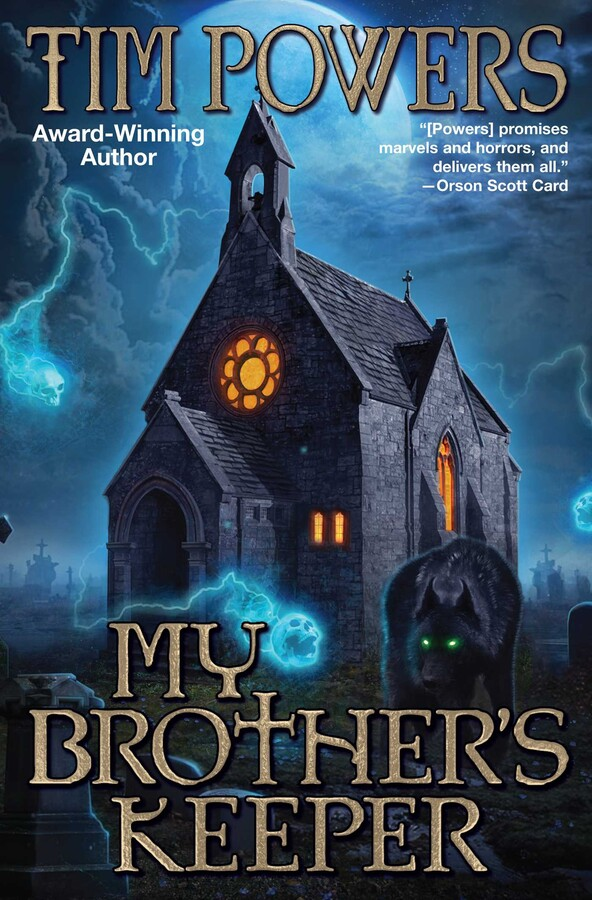The Ringworld Engineers Book Review

Turns out, this isn't as good as sex, according to Louis Wu
The Ringworld Engineers
by Larry Niven
Del Rey (1980)
354 pages
ISBN 0-345-26009-0
Alternative title: Louis Wu gets Busy

While not quite the crowning achievement of Ringworld, this is a solid scifi book that explores the concept of human evolution, using the Ring to expand the space of possibilities.
In the dedication, Larry Niven says he never intended to write a sequel to Ringworld. It was the continual efforts of his fans that persuaded him to do so, and provided a lot of material in the process. Including the hook that drives the action in the book: the Ringworld is not dynamically stable in orbit. A Dyson sphere is, any perturbation of the orbit tends to be cancelled out. Not so, for the Ringworld.
Thus, when Louis Wu is kidnapped and returned to the Ringworld, he finds he must save it, and the trillions of humans who live on it. I call them humans even though they are clearly not the same species as Louis, because "human" isn't really a biological concept at all. I get a lot of mileage out of this quote from John J. Reilly, which will be coming up in a blog post he wrote on October 3rd of 2006.
A human is an essence (if you don't believe in essences you don't believe in human beings); a homo sapiens is a kind of monkey; and a person is a phenomenon. Perhaps I read too much science fiction, but it is not at all clear to me that every human must necessarily be a homo sapiens. As for person, which is an entity, conscious or otherwise, that you can regard as a "thou," is conflated with the notion of person, as an entity able to respond in law, either directly or through an agent.
This very well could have been the book John had in mind when he said that. The other humans on the Ringworld do share a common ancestor with Louis Wu, a really long time ago. However, in the intervening millennia, they have diversified into a vast array of different species, filling empty niches in the Ringworld's ecology, and evolving societies to match.
There are small carnivorous herders with sharp teeth, and large grazers with flat teeth, and scavengers, and so on. And this is all just in the one small part of the Ringworld Louis keeps going back to. The Ringworld is just so big, that lots and lots of evolution will occur, because the rate of favorable mutations spreading scales up with population size, and the population size on the Ringworld is really, really big.
However, it doesn't look to me [or Greg Cochran] like Niven got here in this way, but looking at what selection could do in the time and space available. It looks like he thought this was a cool idea, and he just ran with it. So, hardish scifi.
Also, I am still struck that Niven's Ringworld books are a product of their time. The glue that holds all of the various species of the Ring together is ritual sex between species, which he calls rishathra. As Louis moves through the Ring on his quest, he has sex with pretty much everything that moves, because that is just what you do there.
In fact, it turns out that literally the only temptation in the known universe that Louis cannot resist is his libido. Inbetween the first book and this one, Louis ends up spending most of his time "under the wire", Niven's slangy term for having an electrode implanted in your brain's pleasure center. This turns into a providential plot point at the end of the book, but I find it kind of funny that Louis can resist anything but sex. In the era of #MeToo, perhaps this was unintentionally prophetic.


The Ringworld Engineers By Larry Niven



Comments ()